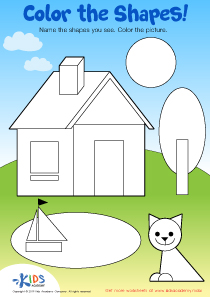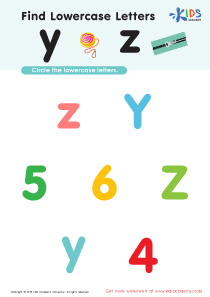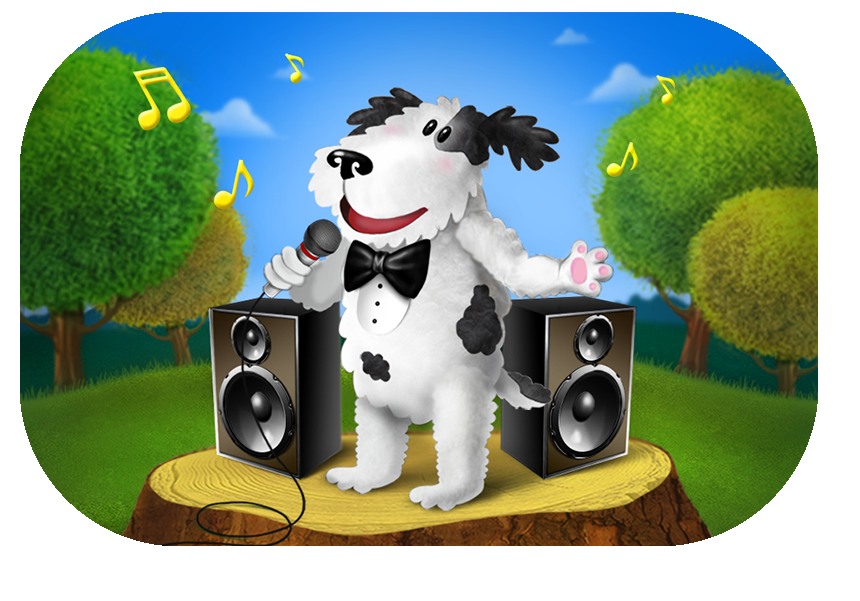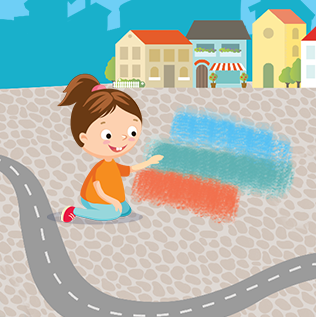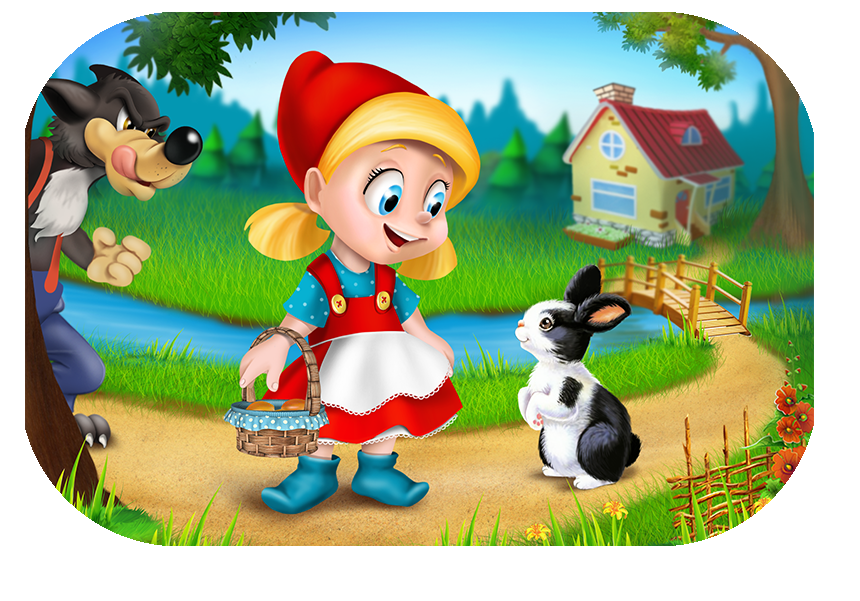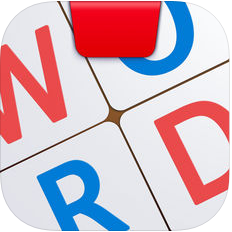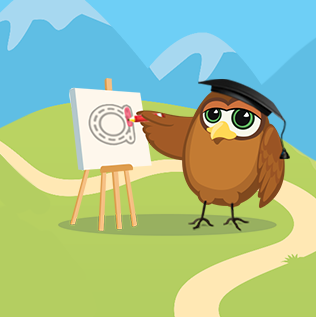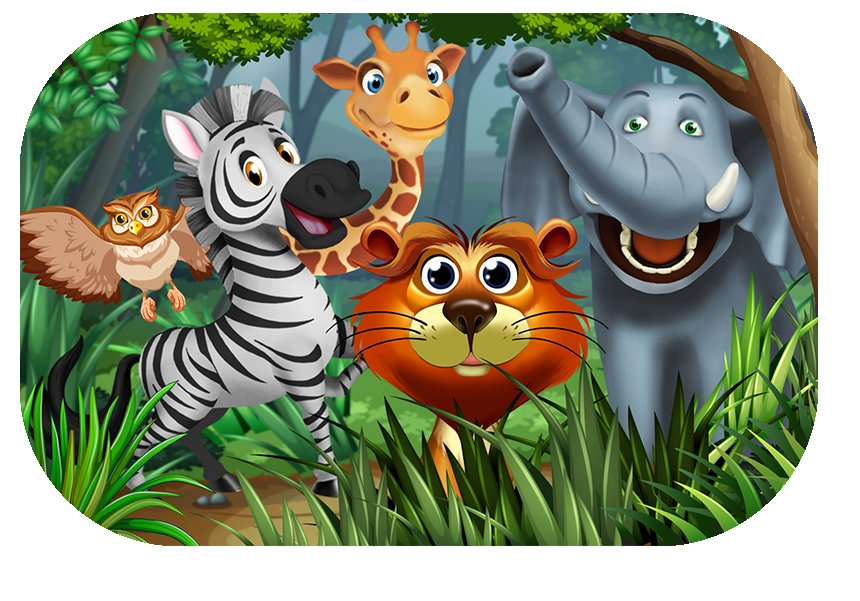English Language Arts Lessons | Integration of Knowledge and Ideas, Kindergarten
0 results
Our Integration of Knowledge and Ideas Lessons in Kindergarten offer a variety of stimulating educational resources that promote critical thinking, creativity, and problem-solving skills. Our interactive worksheets encourage students to develop their ability to connect and integrate new information, fostering a deeper understanding of key concepts. Our engaging educational videos further enhance your child's learning experience, providing them with visual and auditory aids. At the end of every lesson, students will take an assessment quiz to evaluate their progress. Our lessons create a strong foundation for success in your child's academic journey, nurturing a lifelong love of learning.
Integration of Knowledge and Ideas Lessons are an excellent way to help children in kindergarten learn important concepts and academic skills. These lessons are designed to help children develop critical thinking and problem-solving skills, as well as learn how to analyze and interpret information. Interactive worksheets, educational videos, and assessment quizzes are great tools that teachers can use to make these lessons more engaging and effective for children.
One of the benefits of these lessons is that they help children develop critical thinking skills. By asking children to think about things in new and different ways, integration of knowledge and ideas lessons encourage kids to think creatively and outside the box. This is important because critical thinking skills are essential for academic success, as well as success in life.
Another benefit of these lessons is that they help children learn how to analyze and interpret information. Analyzing and interpreting information is an essential skill that children will use throughout their academic careers and into adulthood. By learning how to do this early on, children will be well-prepared for the academic challenges that lie ahead.
Interactive worksheets are a key part of these lessons because they provide children with hands-on activities that help them understand the material in a more concrete way. These worksheets can be tailored to different learning styles, so they are effective for all students, regardless of their ability level. For example, children who learn best through visual aids can be given worksheets with lots of pictures, while children who learn best through reading can be given worksheets with lots of text.
Educational videos are also useful tools that teachers can use to enhance their integration of knowledge and ideas lessons. Videos can bring concepts to life in a way that is impossible with printed materials alone. They can also be a great way to cater to different learning styles. Children who learn best through visual aids can benefit from educational videos that include animations and graphics, while children who learn best through auditory input can benefit from videos that include narration.
Assessment quizzes are another useful tool that teachers can use to evaluate students' understanding of the material. These quizzes can be given at the end of each lesson to test students' comprehension and retention of the material. This feedback is important because it allows teachers to adjust their teaching strategies as needed to ensure that all students are learning effectively.
In conclusion, integration of knowledge and ideas lessons are a valuable tool for helping young children in kindergarten develop critical thinking and problem-solving skills, as well as learn how to analyze and interpret information.


